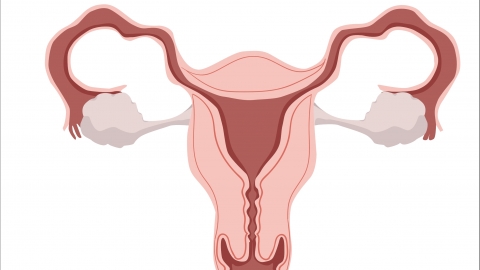What are the effects of removing the uterus?
Generally, the main effects of hysterectomy include permanent loss of fertility, permanent cessation of menstruation, possible premature decline of ovarian function, possible decline in sexual quality, and pelvic floor dysfunction leading to urinary system issues. A detailed analysis is as follows:
1. Permanent Loss of Fertility
The uterus is the sole site for embryo implantation and fetal growth and development. Once removed, women can no longer achieve natural conception, and even with assisted reproductive technologies such as in vitro fertilization (IVF), the process of gestation cannot be completed.
2. Permanent Cessation of Menstruation
Menstruation relies on the cyclical proliferation and shedding of the endometrium under the influence of ovarian hormones. After hysterectomy, the endometrium no longer exists, and menstruation stops immediately and permanently.

3. Possible Premature Decline of Ovarian Function
The blood supply to the uterus and ovaries is interconnected, with some branches of the uterine artery supplying blood to the ovaries. During hysterectomy, if these vessels are damaged or severed, ovarian blood perfusion may decrease, affecting its function.
4. Possible Decline in Sexual Quality
The surgery may slightly shorten the vaginal length due to suturing at the vaginal apex. Additionally, the decline in estrogen levels caused by changes in ovarian function can lead to thinning of the vaginal mucosa and reduced secretions, resulting in dryness, pain, or other discomforts during intercourse.
5. Pelvic Floor Dysfunction Leading to Urinary System Issues
The uterus is centrally located in the pelvis and provides structural support to the pelvic tissues. After hysterectomy, the supporting structures of the pelvis are compromised, potentially leading to relaxation of the pelvic floor muscles and ligaments, which may cause pelvic floor dysfunction. Common manifestations include stress urinary incontinence, where a sudden increase in abdominal pressure—such as from coughing, sneezing, laughing, or lifting heavy objects—causes involuntary leakage of urine.
Before deciding on a hysterectomy, patients should communicate thoroughly with their doctors to understand all available treatment options, along with their associated risks and benefits.









